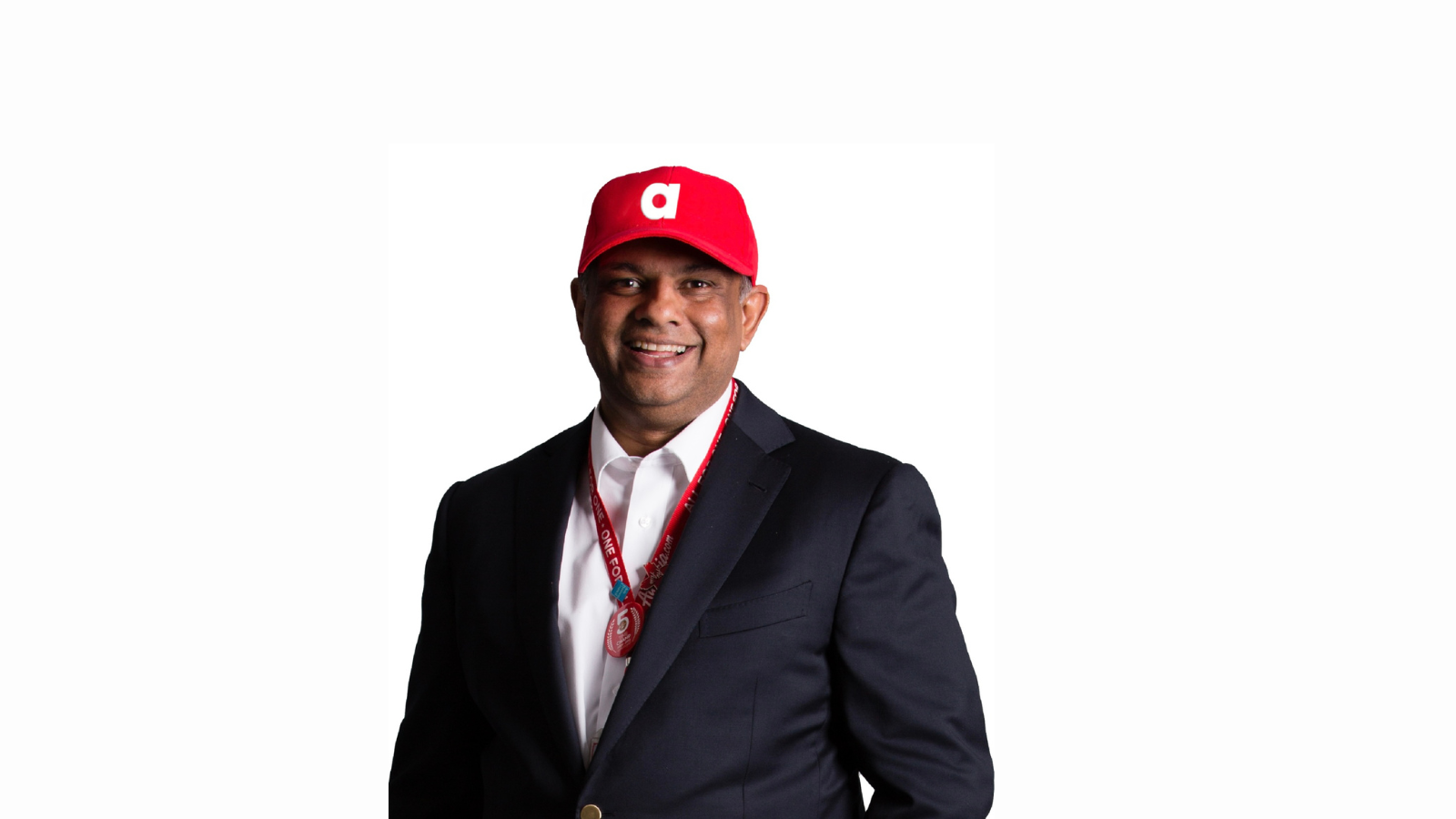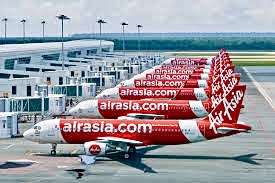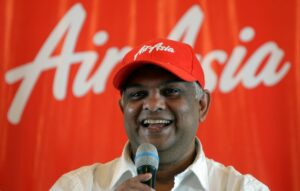
Tony Fernandes, CEO of AirAsia’s parent company, remains optimistic about aviation’s future, citing strong demand despite challenges
BANGKOK: Tony Fernandes, CEO of AirAsia parent company Capital A said that despite volatile oil prices and foreign currency fluctuations the outlook for aviation remains positive due to “extremely strong” demand.
Fernandes says that pandemic struggles had necessitated a plan for “surviving,” which included setting up logistics, engineering and digital divisions. However, he now sees positive longer-term consequences for both AirAsia and the aviation industry as a result of the turmoil, noting that both airlines have been reporting record profits.
“I think we now have the best time in aviation,” he said.
“If you think about history of aviation, America went through lots of ups and downs and a lot of consolidation … Europe went through the same thing, there were a lot of state-owned carriers which threw a lot of valuations out by crazy pricing, or state subsidies,” Fernandes added.
“ASEAN was in that position with a lot of state-owned airlines being subsidized and throwing fares and being irresponsible. Covid has taught everyone a lesson. So that is one positive for me, in that we now have a rational market.”
He said fares had risen by 30% and weren’t coming down anytime soon, with airline capacity unlikely to change over the next five to six years. This is in part due to a backlog in aircraft orders that manufacturers are struggling to keep up with.
 “We have an advantage of a 400 plane order book, but many airlines don’t have that. If you buy a plane now you won’t get one till 2031,” he said.
“We have an advantage of a 400 plane order book, but many airlines don’t have that. If you buy a plane now you won’t get one till 2031,” he said.
Fernandes said AirAsia had been “lucky” as an Airbus-only customer to swerve the ongoing turbulence with its 737 Max aircraft, though he added that he believed the U.S. plane maker would “come out of it stronger.”
Future Travel Trends
In a recent CNBC interview, Fernandes said he sees some resurgence in demand from China, but just as good, if not better, opportunities in the Indian market. Post-pandemic, Asian travelers are showing a preference for regional journeys and even domestic ones — partly because of the current “jingoistic” climate, he said.
He is, meanwhile, excited by the potential for new long-range aircraft, particularly Airbus’s A321 XLR, its long-range, single-aisle plane.
 “That’s going to enable us to create a long-range, medium-haul low-cost carrier that can span 10 hours … So it means that dream of having a narrow-body to take you around the world, as opposed to a wide-body which is much more expensive,” Fernandes said.
“That’s going to enable us to create a long-range, medium-haul low-cost carrier that can span 10 hours … So it means that dream of having a narrow-body to take you around the world, as opposed to a wide-body which is much more expensive,” Fernandes said.
“That would be a very exciting concept, creating an Emirates or a Qatar, but on narrow-body.”
Andrew J Wood was born in Yorkshire England, he is a former hotelier, Skalleague and travel writer. Andrew has 48 years of hospitality and travel experience. Educated at Batley Grammar School and a hotel graduate of Napier University, Edinburgh. Andrew started his career in London, working with various hotels. His first posting overseas was with Hilton International, in Paris, and he later arrived in Asia in 1991 on Bangkok with his appointment as Director of Marketing at the Shangri-La Hotel and has remained in Thailand ever since. Andrew has also worked with the Royal Garden Resort Group now Anantara (Vice President) and the Landmark Group of Hotels (Vice President of Sales and Marketing). Latterly he has been the General Manager at the Royal Cliff Group of Hotels in Pattaya and the Chaophya Park Hotel Bangkok & Resorts.
A past board member and Director of Skål International (SI), a former National President with SI Thailand and a two time past President of the Bangkok Club. Andrew is the former President of Skål Asia. In 2019, Andrew was awarded SKÅL’s highest award the distinction of Membre D’Honneur.
He is a regular guest lecturer at various Universities in Asia.




![[PR] PR_Ascott and Vimut Hospital_2024](https://www.traveldailynews.asia/wp-content/uploads/2024/04/PR-PR_Ascott-and-Vimut-Hospital_2024-400x265.jpg)




























































